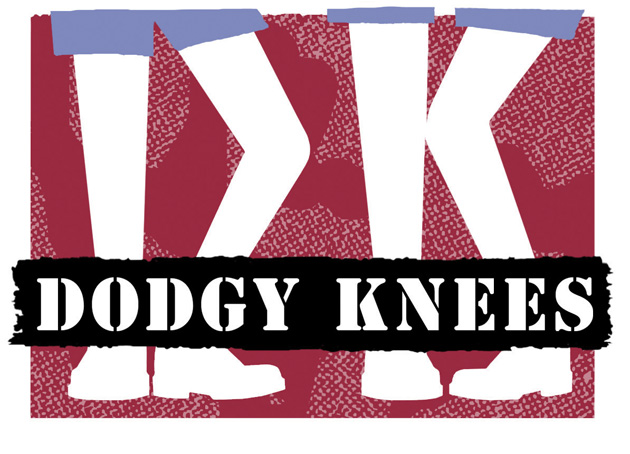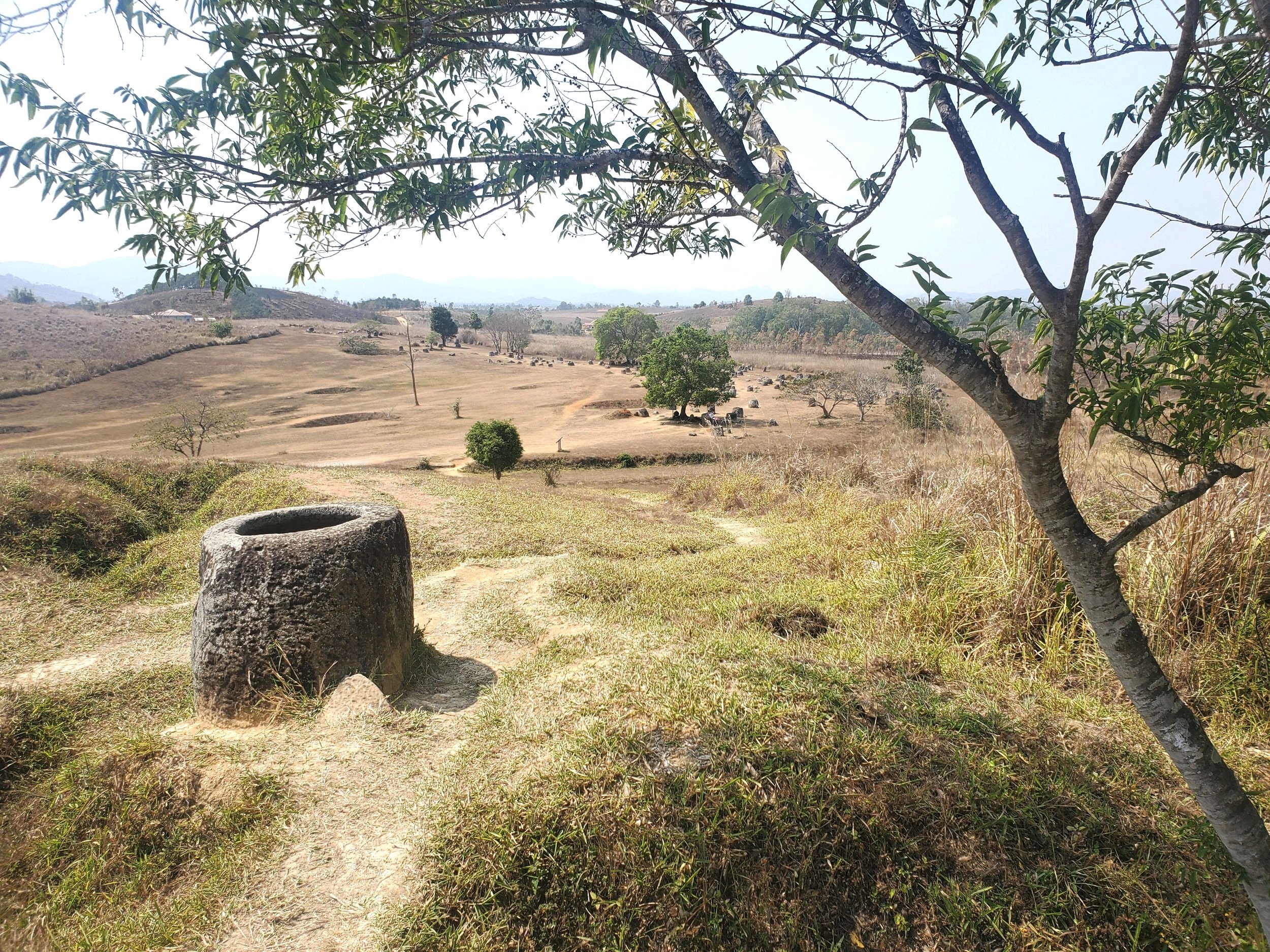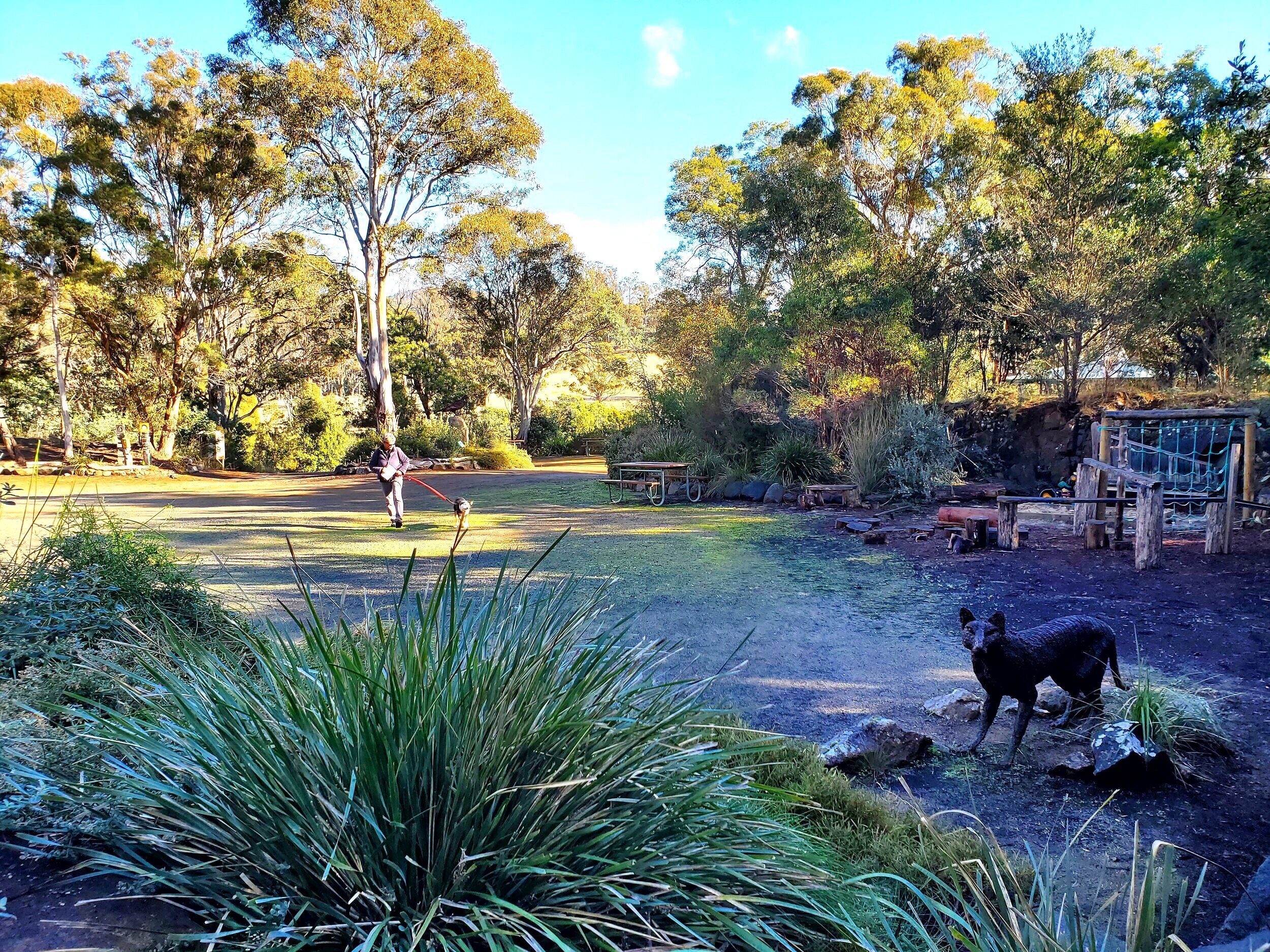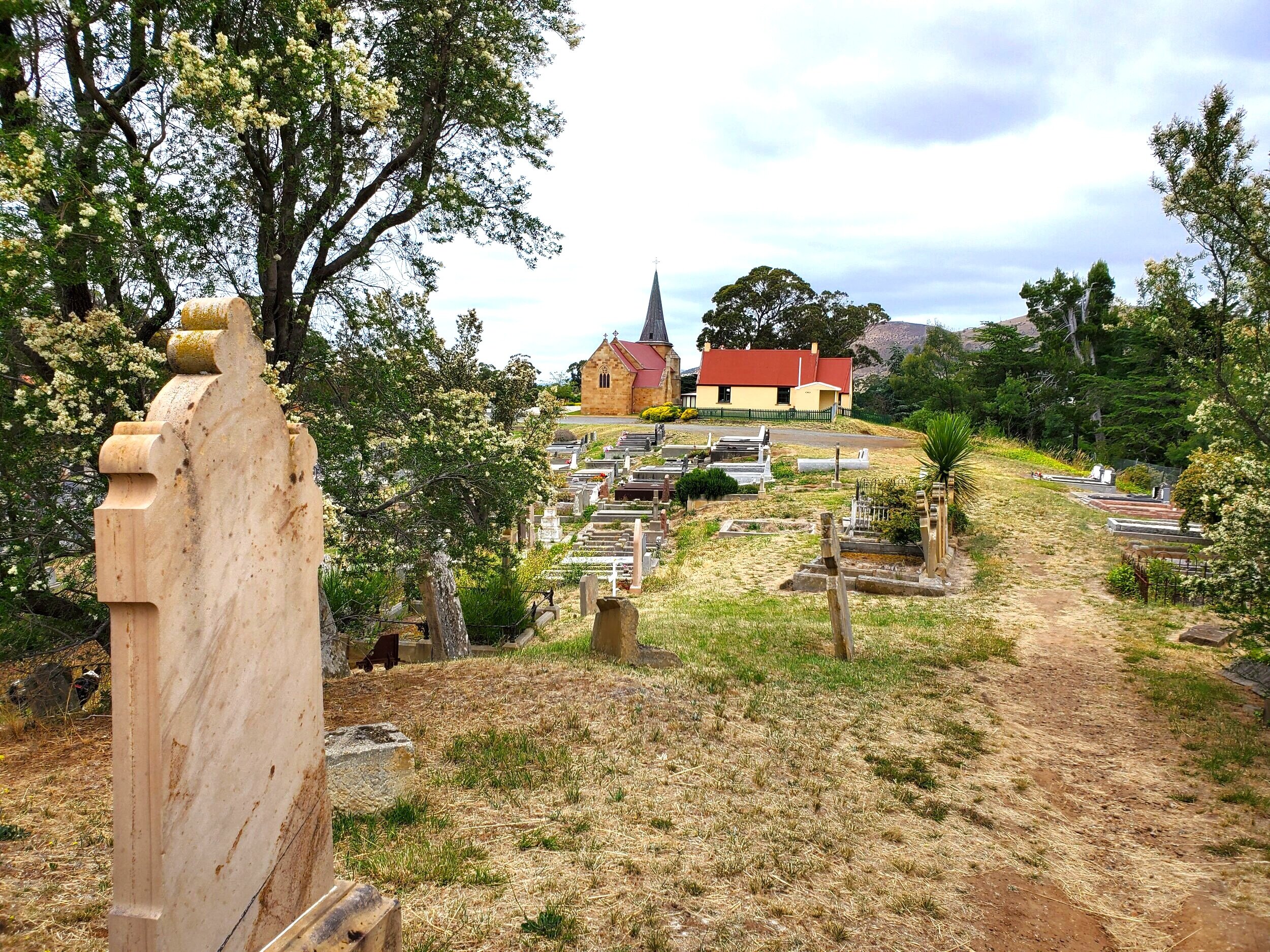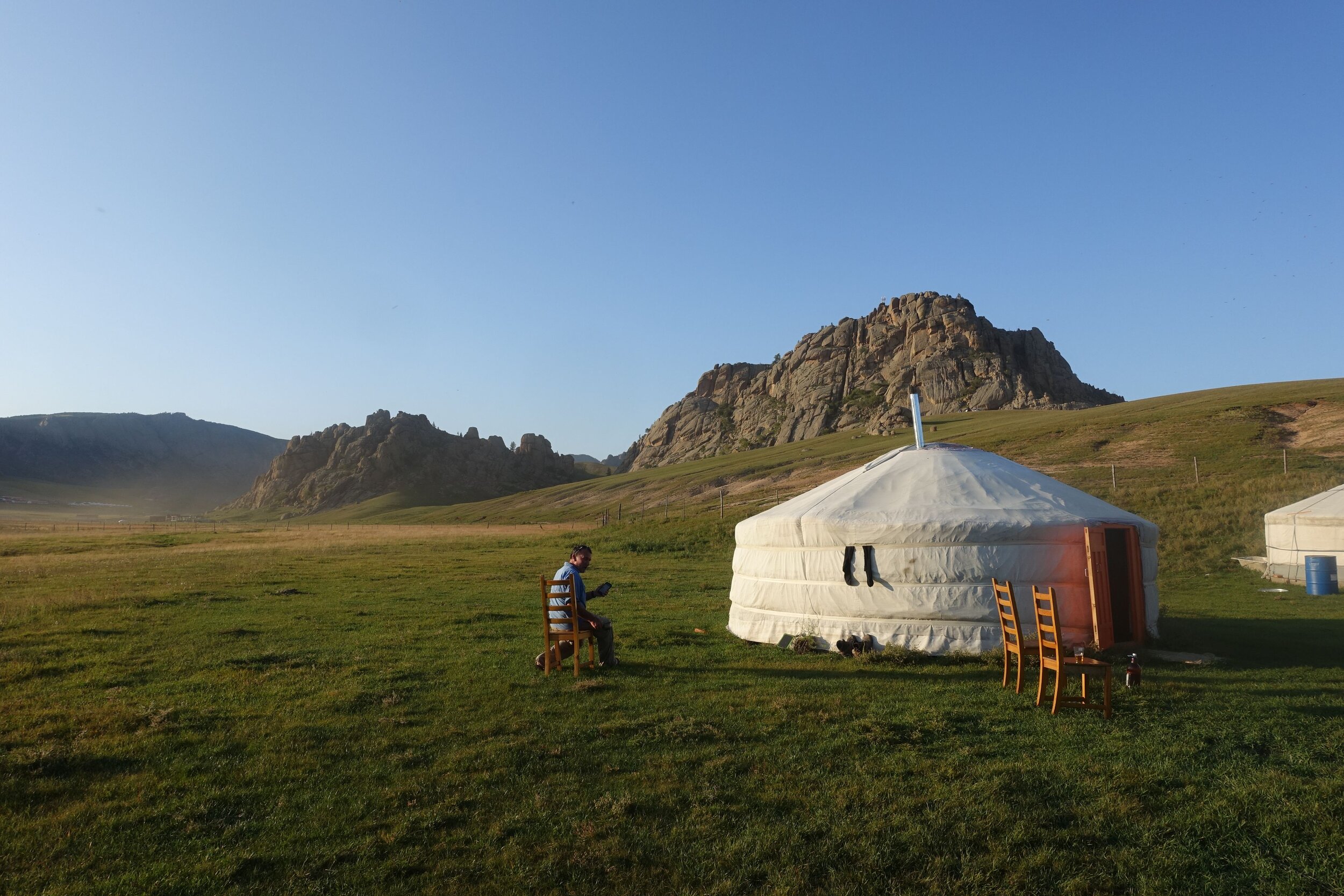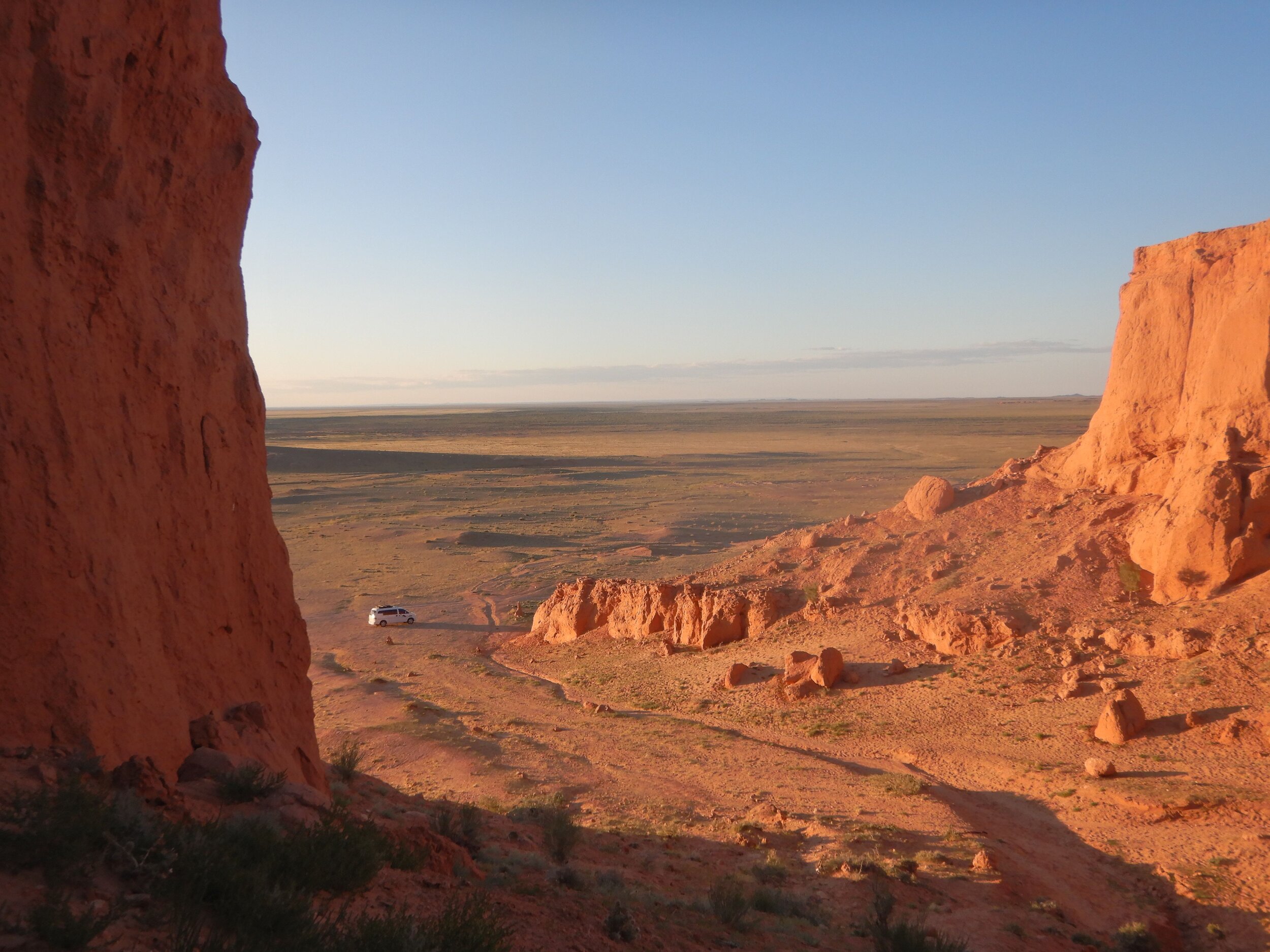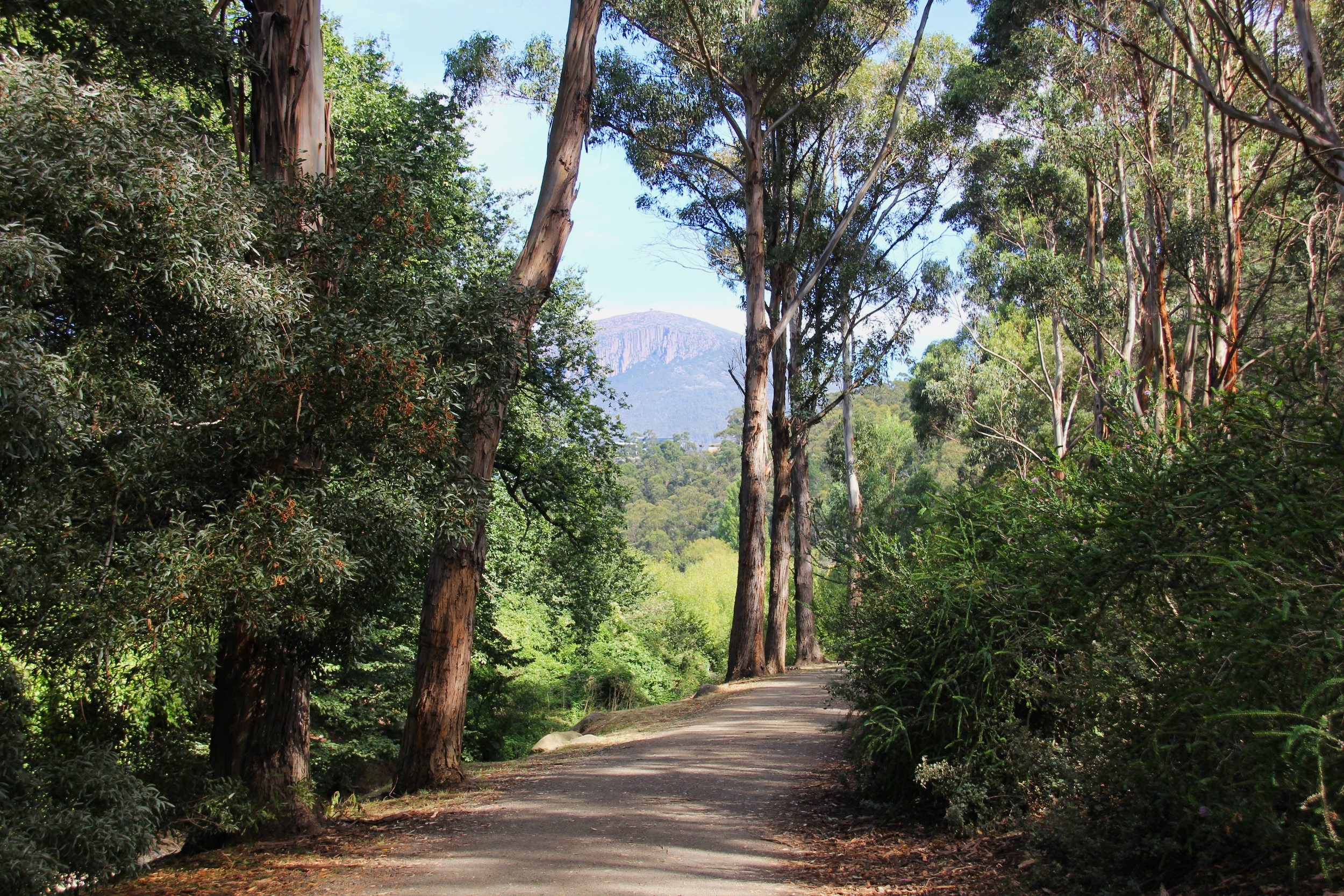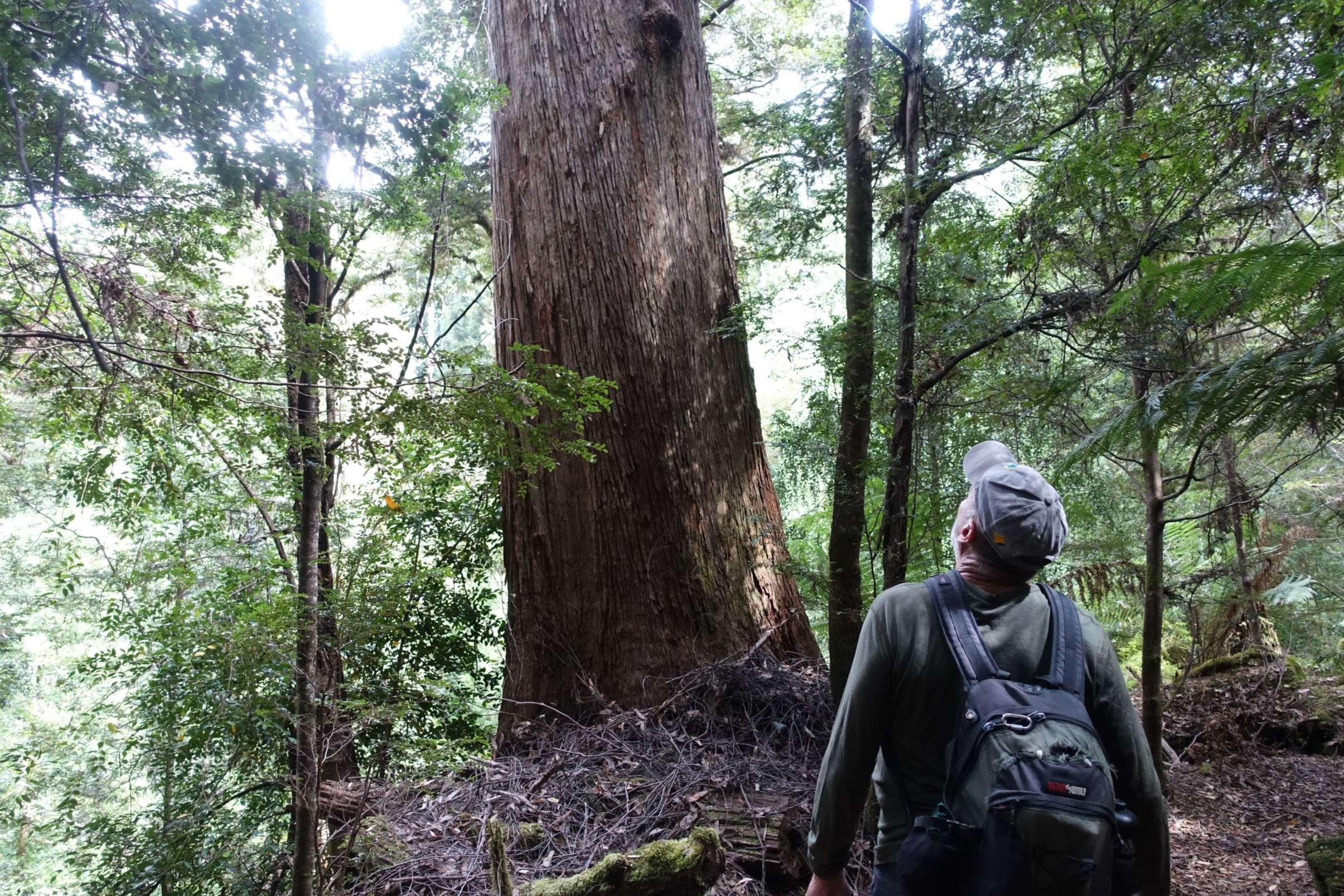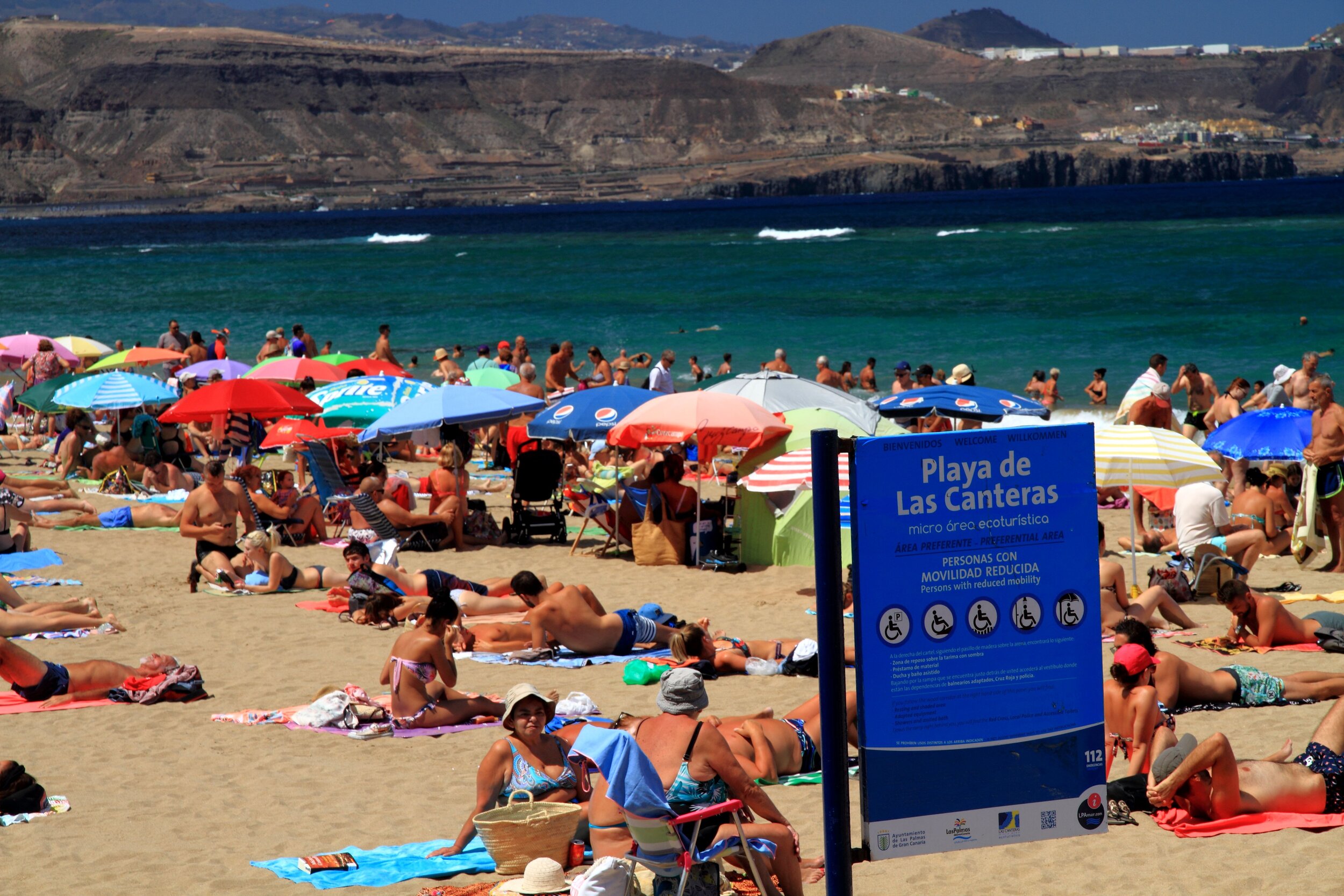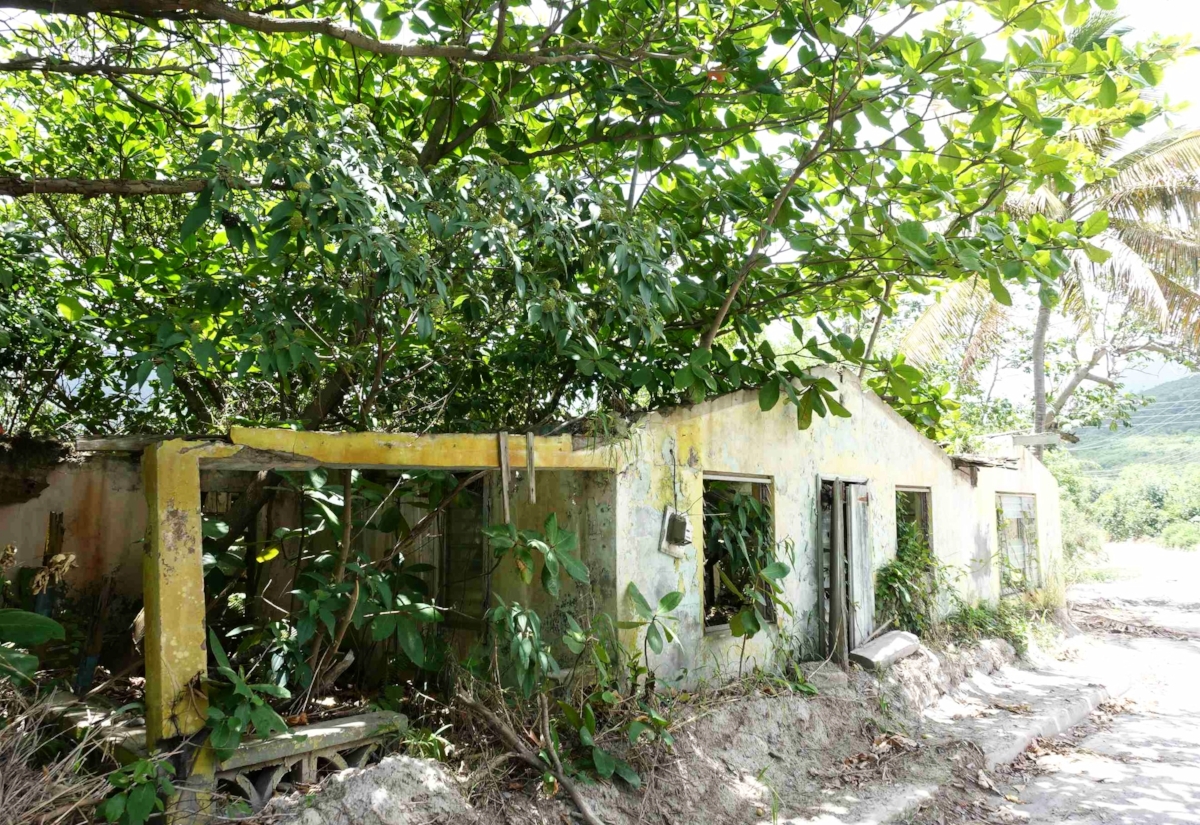Getting a Footy Fix in Australia's Sporting Capital - Melbourne
/Introduction
The purpose of this post is to provide overseas visitors with a sort of “Dummies Guide to Football in Australia”. Should you be coming to Australia during the football season (late February/early March to the end of September/early October) you’ll have the opportunity to partake in one or more of our national sporting obsessions – footy, in its various guises.
If you’re Australian you’ll know what’s written below already so, you can just look at the pictures and reflect upon how your team is currently going. If you are one of those rare Aussies who doesn’t like footy (yes, they do exist) here are some links on gardening, opera and kittens – enjoy.
Melbourne's iconic flinders street station
The impetus for writing this post was a recent trip to Melbourne with friend Graeme for a footy fix. And whether it’s football or just about any other sporting pursuit you care to name, the best place in Australia to see it is Melbourne. Melbournians love their sport and turn out in big numbers to support their favourite team, especially in AFL (Australian Football League – more on that later).
So, What is ‘Footy’ in Australia?
In Australia there are four major football codes: Football (soccer), Rugby League, Rugby Union and Australian Rules Football (AFL). In Queensland and New South Wales (NSW) the most popular sport is the National Rugby League (NRL) and in Victoria, South Australia, Western Australia and Tasmania AFL reigns supreme.
One might presuppose that the term ‘footy’ would refer to the round ball game that the whole world plays and is called Football. Well, in the Australian context you’d be wrong. Football in Australia is called soccer and most people would not use the term footy when talking about it, they’d say soccer.
aami park - home of Melbourne storm, Melbourne rebels, and both Melbourne's a league soccer clubs - city and victory
Soccer has a very high participation rate especially for children, but this doesn’t translate into interest in the senior domestic competition to any where near the degree of AFL or NRL. In fact, the dominance of these two codes in winter has meant that the NSL (National Soccer League) switched from a winter to summer competition some years ago to avoid having to compete with the big two. So, if you’re a soccer fan, and you visit Australia in summer, you might want to catch a game. Here is a link to the NSL website.
afl
But when Aussies say that they’re going to the footy they mean AFL, NRL or rugby union.
Rugby League and Rugby Union
rugby league match - North Queensland cowboys (in white) versus Melbourne storm
The term ‘rugby’ when used in isolation refers to rugby union, the 15-player game played all over the world, and the original version of the game. Rugby league is a 13 person game that evolved from rugby union over 100 years ago, originally in the north of England. Rugby league has never really taken off outside of northern England and eastern Australia, and to lesser degree in New Zealand, with the exception being Papua New Guinea where it is the national sport (Australia was the colonial power in PNG until independence in 1974). Internationally, rugby union has greater participation and following. But, in it’s heartlands of NSW and Queensland the NRL is the dominant code, and when the two states play each other in the annual State of Origin three match competition it is the most watched sporting event in Australia outside of possibly the AFL grand final.
afl at the mcg is hard to beat as a sporting spectacle
Rugby Union’s appeal is strongest when international matches are played, especially against perennial opponents the New Zealand All Blacks, unquestionably the world’s best rugby team, and they usually beat Australia.
The Super Fifteen competition involves state or provincial teams from Australia, New Zealand and South Africa (with two new teams recently included from Argentina and Japan). Australian teams are NSW, Queensland, Victoria (Melbourne Rebels) and Australian Capital Territory (ACT). There is also a women’s Super Rugby competition.
Here is a link to the Australian Rugby Union website if you want more information.
During our Melbourne footy fix we attended a home game of the current NRL premiers, the Melbourne Storm. Despite Melbourne being the home of AFL, it has also spawned a strong NRL team over the last 20 years (though most of the players come from Queensland).
We headed out to AAMI park to see a replay of last year’s grand final between the Storm and North Queensland Cowboys.
heading into AAMI Park
As Storm fans we were pleased with the solid Storm victory which eventuated.
the storm (Purple) on the attack against the cowboys
For more information on Rugby League in Australia here is the link to the National Rugby League, including the growing popularity of woman playing the game.
What is AFL?
AAMI Stadium is part of Melbourne’s major sporting venue precinct sitting alongside the Rod Laver Arena where the Australian Tennis Open is played each year, and the Melbourne Cricket Ground (MCG).
watching a game at the mcg
To give you some idea of the immense popularity of AFL in Melbourne, on the same night we attended the Storm-Cowboys match the first match for the AFL season was played next door at the MCG between current premiers Richmond Tigers and the Carlton Blues. It was a Thursday night and the crowd was over 90,000. That’s right, 90,000!
For those who don’t know, AFL is played on a large oval field which can be up to 185 metres long and 155 metres wide. Each side has 18 players. There are four posts at each end of the field, two tall in the middle with two shorter ones on either side. The aim is to kick the oval shaped ball between the main posts for 6 points (a goal) or 1 point if it’s the side posts (a behind).
crow's player (26) kicks for goal
AFL is a fast game with players kicking the ball huge distances and leaping to take spectacular marks (catch the ball on the full). Have a look at these best marks of 2017 and you’ll see what I mean. Click here.
The home of AFL is the Melbourne Cricket Ground (MCG). So all pervasive is AFL and the MCG in the psyche of Melbournians that most people simply refer to the MCG as The G. Why go to the trouble at saying three letters if one will suffice?
Melbourne night skyline with the g on the right
The AFL started a national women’s league in 2016 and this has contributed significantly to the growing popularity amongst woman and girls playing the game.
For our AFL fix we went to the Essendon Bombers vs Adelaide Crows match at Etihad Stadium (the number two stadium for AFL in Melbourne). Sporting a Bombers cap I borrowed from Graeme, a life-long Bombers’ fan, we watched the underdog Bombers come back from 20 points down at three quarter time to beat last year’s runners up Adelaide.
the bombers (black and red) in action against the Adelaide crows
For more about AFL click here.
Conclusion
Of course, there is more to Melbourne than just sport. It has a strong, vibrant arts and culture scene. Its restaurants are some of Australia’s best, underpinned by the city’s multicultural populace.
another feature of Melbourne is its interesting alleyways
Melbourne has great markets, theatre, coffee and much more. And its public transport is one of the country’s better systems.
Melbourne tram
the entrance to Melbourne's Chinatown - little bourke street
But, we’d gone for the footy, and our footy fix had been a great success with both matches resulting in wins for our teams.
nrl
So, if you do find yourself visiting Melbourne sometime between March and September I’d thoroughly recommend you set aside an afternoon or evening to catch an AFL match at the G. You won’t regret it.
Ken
